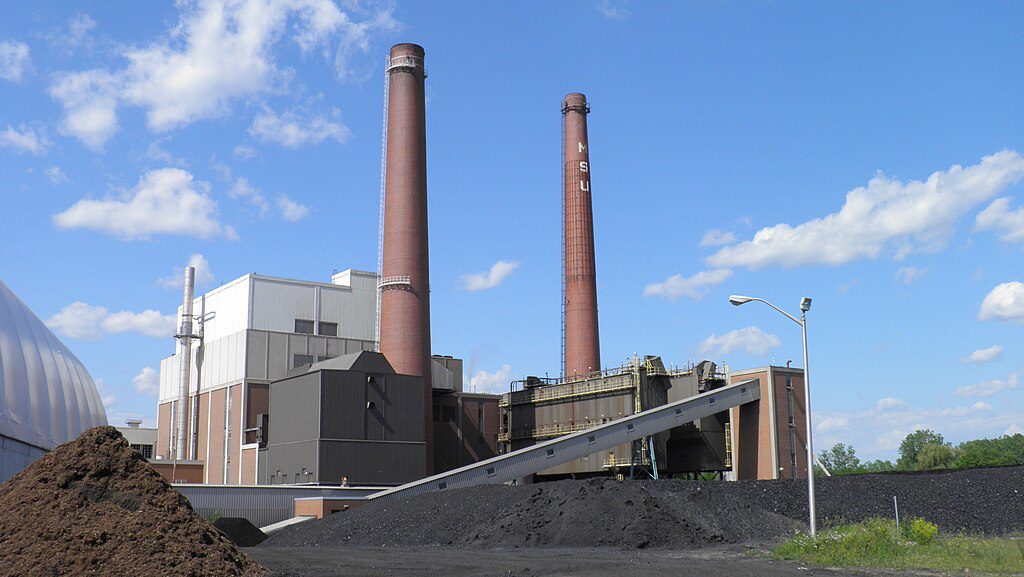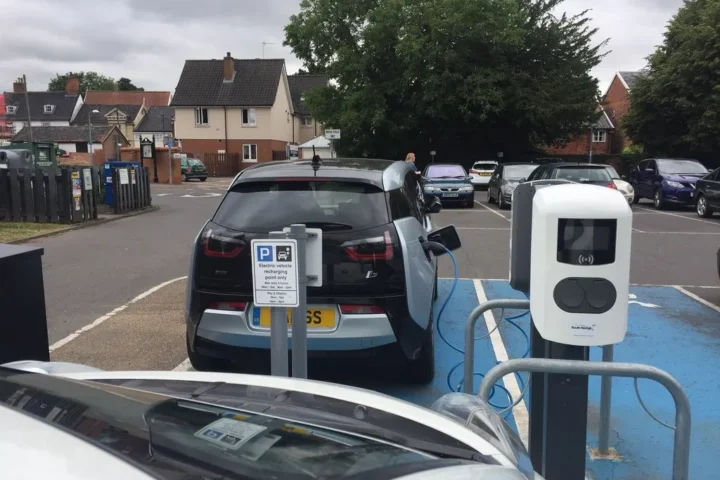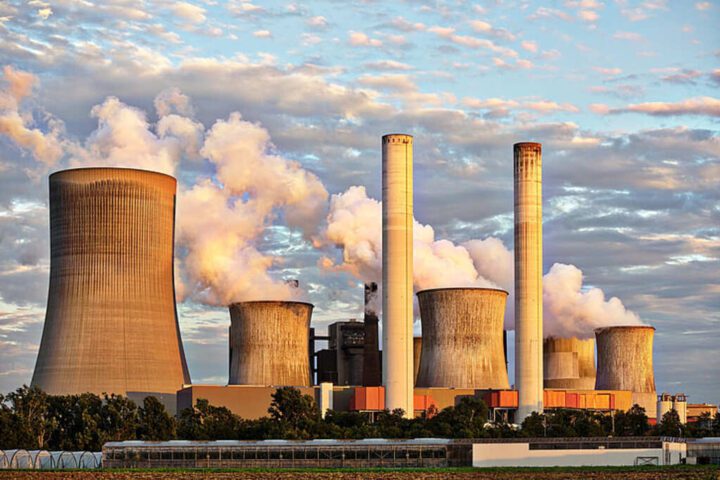The Department of Energy has extended its order keeping Michigan’s J.H. Campbell coal plant running until November 19, adding to mounting costs for ratepayers across 11 Midwest states. This marks the first extension since the initial May order that prevented the planned May 31 retirement of the plant.
The DOE, under Energy Secretary Chris Wright, cites a “national energy emergency” to justify keeping the 1,560-megawatt coal facility online, using Section 202(c) of the Federal Power Act. These rarely-used emergency powers have traditionally been reserved for short-term crises like extreme weather events.
Consumers Energy reported spending $29 million in just the first five weeks of forced operation. A report from Grid Strategies estimates the total consumer impact could reach $3-6 billion yearly if similar orders proliferate nationwide. “This is a political takeover of the electricity grid,” said Derrell Slaughter, Michigan policy director at NRDC. “People in Michigan and across the Midwest should not be stuck paying the cost of a nonexistent emergency with their health and their electric bills.”
The controversy centers on whether an actual emergency exists. Michigan Public Service Commission Chair Dan Scripps directly contradicted the DOE’s claims: “There is no energy emergency in Michigan or in MISO,” referring to the Midcontinent Independent System Operator that manages the regional grid.
Similar Posts
MISO’s own capacity auction cleared above its reserve margin target for this summer, with a 10.1% buffer above expected power needs compared to a 7.9% reserve target. This data undermines DOE’s reliability concerns.
Costs for keeping Campbell running are being spread across customers in Michigan and ten other MISO states following a recent Federal Energy Regulatory Commission determination. Consumers Energy had previously projected $600 million in savings through 2040 by retiring the plant.
Michigan Attorney General Dana Nessel has filed suit challenging the orders, joining environmental groups including NRDC, Sierra Club, and Earthjustice in their petition to the D.C. Circuit Court. Eight utility commissions from affected states have also formally challenged the DOE’s actions.
The Campbell order is part of a broader Trump administration strategy that includes an April decision granting two-year relief from tightened Mercury and Air Toxics Standards requirements for coal plants.
Critics warn that using emergency powers to override planned retirements sets a troubling precedent that undermines state authority and regional planning processes. The DOE has also issued a similar order for the Eddystone power plant in Pennsylvania, suggesting this approach may expand to other scheduled retirements.



















